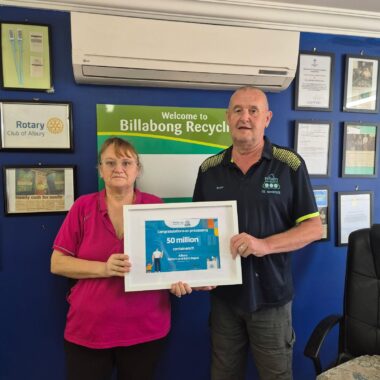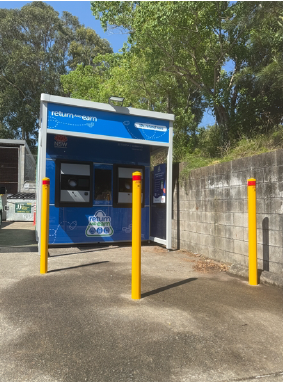Today marks 170 years since New South Wales launched its first passenger railway line, connecting Sydney and Parramatta. This 22-kilometre journey signalled the birth of modern rail transport in Australia.
From steam locomotives to modern Mariyung trains, the NSW rail network has transformed over the past 170 years — and today we bring history and modern innovation together on the same tracks.
As part of the anniversary, passengers are boarding THREE commemorative trains retracing the original trip from Central to Parramatta:
- Steam Locomotive 3526, built more than a century ago in NSW
- Vintage Electric Set F1, known as the “Red Rattler”
- Mariyung Intercity Train, the NSW Government’s newest electric train.
Together, these trains will run in parallel, side-by-side, marking the milestone on the exact date and time the line first opened in 1855.
QUOTES FROM THNSW CEO, ANDREW MORITZ
“Today we’re celebrating 170 years of the NSW Railways with a unique journey that brings old and new together. Steam locomotive 3526, built more than a century ago here in NSW, is running side-by-side with one of the state’s newest Mariyung intercity trains from Central to Parramatta – retracing the very first journey made 170 years ago to the day and to the minute.
“The public can then join the celebrations with three days of heritage train rides and experiences at the Transport Heritage Expo this October long weekend at Central Station.”
VISION OPPORTUNITY – TODAY, Friday 26 September 2025
Media are invited to capture vision of the three commemorative trains travelling in parallel between Central and Parramatta.
Schedule:
- 10.30am - Brief remarks by THNSW CEO, Andrew Moritz at Platform 1 Central Station
- 11.10am - Passengers board trains
- 11:20am – Steam locomotive 3526 departs Platform 1, Central → Parramatta return (with passengers)
- 11:27am – Vintage Electric Set F1 departs Platform 2, Central → Parramatta return
- 11:27am – Mariyung Intercity Train departs Platform 7, Central → Parramatta return
- 11:30am – All three trains pass Redfern Station and travel to Strathfield Station
- 12:01pm – Steam locomotive 3526 arrives at Parramatta Station
- 12:19pm – All commemorative trains depart Parramatta Station
- 1:06pm – Trains return to Central, Platform 1
A PREVIEW TO NEXT WEEKEND'S TRANSPORT HERITAGE EXPO
Members of the community can join in and celebrate 170 years of NSW rail first-hand at next weekend's Transport Heritage Expo, held at Sydney’s Central Station across the October long weekend. The three-day festival will feature heritage train rides, vintage bus and tram experiences, and family-friendly activities.
Tickets and further details: www.transportheritageexpo.com
ENDS
Contact details:
David Bennett
Transport Heritage NSW
0417 44 55 33
Harry Stranger
Transport Heritage NSW
0413 424 652


